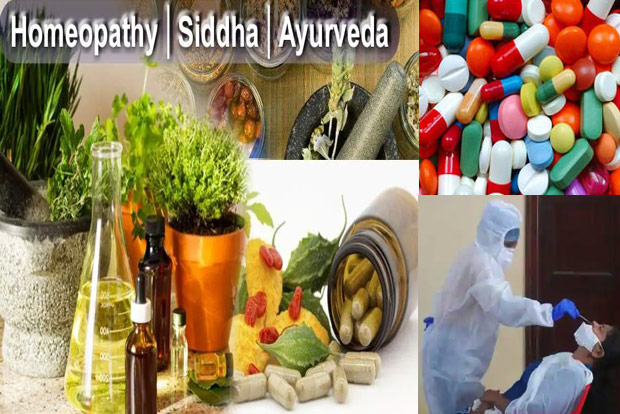Begin typing your search...
Allopathic and alternative post-COVID care on the rise
With the city now reporting 5.5 lakh recoveries, many of them have shared stories of monthslong discomfort and fatigue even after being discharged.

Chennai
According to various allopathic and alternative medical experts, post-treatment care is an important avenue for them. Physiotherapy is one option to combat post-COVID issues and is a means to assist the patient in any kind of muscle loss, breathing problems and body pain, said Dr Vijayalakshmi B, Senior Consultant - Infectious Diseases, Kauvery Hospital.
“Fluids and diets are altered, and depending on the amount of injury, such as the case of someone who had muscle loss due to being on oxygen for a long time, we will start issuing physiotherapy as well. For those who have breathing issues, we also prescribe breathing exercises for them. However, this is all on a case-by-cases basis, as some patients take 4-6 weeks and return to work, while others need more time,” she said.
Meanwhile, many alternative medicines like Sidda and Ayurveda are tapping into post-COVID treatment as well, with public and private players working to find a working therapy for patients. According to alternative medicine practitioners, many would be interested in it to avoid excess consumption medicines.
According to Dr MS Shree Devi M, research officer at the Siddha Central Research Institute, based on the body type and fluids of the patient, the right kinds of medication in the forms of oil baths and hot water fermentation can help combat both fatigue and stress, while specialised medication can help treat any lungor pulmonary-related issue.
“Siddha has many treatment styles that can help post-COVID patients. We hope to tackle this with a multi-disciplinary approach. Currently, we are working on developing post-COVID medication. We are working on guidelines and dosages based on the condition, diet and lifestyles,” she said.
However, according to Dr Vijayalakshmi, complications can arise between three weeks of discharge, and therefore careful monitoring at this time is crucial, irrespective of treatment style.
Visit news.dtnext.in to explore our interactive epaper!
Download the DT Next app for more exciting features!
Click here for iOS
Click here for Android
Next Story



